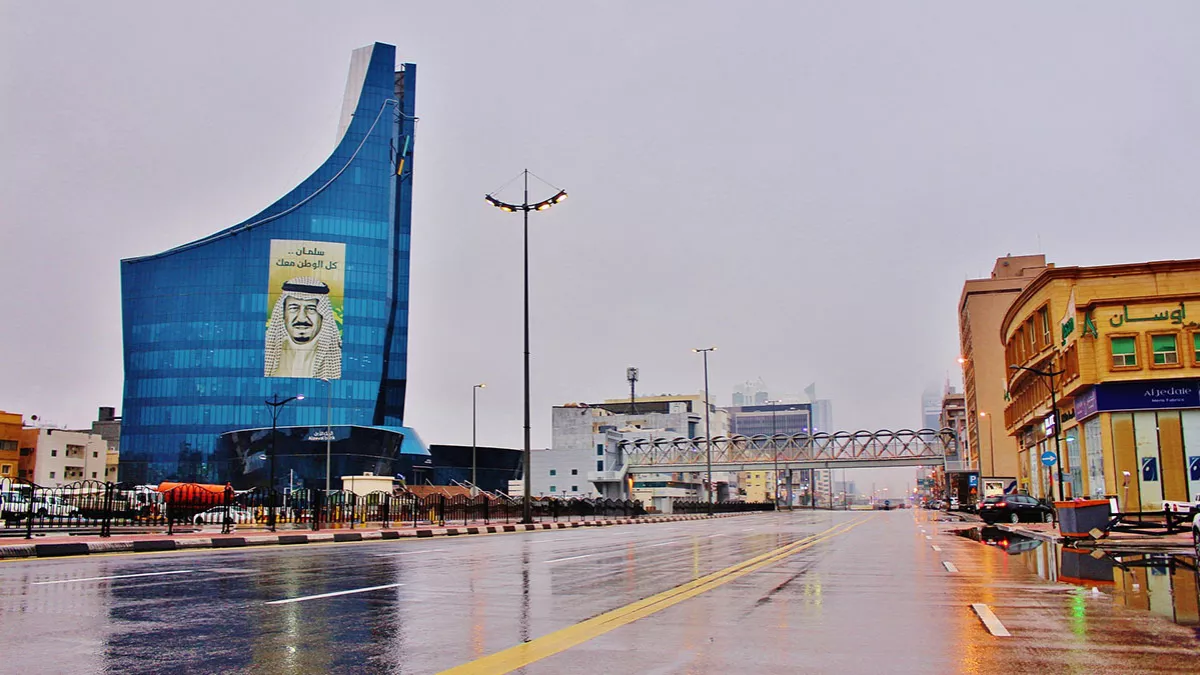Ministry issues draft law; public firms must not be named after Kings and Crown Prince of Saudi Arabia without approval
06 Feb 2023
News
As the part of Draft Law on Rules and Standards for Names of Public Utilities, prepared by the Ministry of Municipal and Rural Affairs and Housing, it is not permissible to name any public firm after the names of any Kings of Saudi Arabia or the Crown Prince or heads of state of friendly countries, except with the approval of the higher authorities.
The draft law also forbids giving names of the Three Holy Mosques and most among the 99 names of God (Al-Asma Al-Husna) to any public firms.
The ministry has issued the draft law, seeking the opinions and suggestions of the public to make the necessary changes accordingly before the approval of the final draft of the law.
The draft law, consisting of 23 articles, aims to define the meaning and scope of the names of public utilities and to define the general and specific provisions that are applied to their names.
The draft law includes a set of rules and standards that are applied to the names of public firms in addition to policies and mechanisms for publishing and making available of the data of such names, in a way that guarantees the protection of intellectual property rights and safeguarding privacy and confidentiality.
As per the draft law, it is not permissible to name any public facility after the names of God except a few names such as Al-Salam (Peace); Al-Adl (Justice); Al-Awwal (First); Al-Noor (Light); Al-Haqq (Truth); and Al-Malik (King). It is also forbidden to name any public facility with names that contradict Islamic law.
The articles of the draft law stressed that every Ministry and government agency must ensure that the name is safe from religious and sectarian extremism, in addition to intellectual or political orientations, party affiliations, criminal cases, or any participation or support for ideas that conflict with religion and the homeland.
The draft law permits naming public facilities after the Rightly Guided four Caliphs and the ten Companions of the Prophet (peace be upon him) who were given glad tidings of Paradise, the Mothers of the Believers, the Companions and the Followers, the imams and princes of the first and second Saudi state, Kings and Crown Princes of Saudi Arabia, the sons of King Abdul Aziz who were not Kings, and the daughters of Imam Abdul Rahman Al-Faisal, in addition to the daughters of King Abdul Aziz, the emirs of provinces and officials from the royal family and the men of King Abdul Aziz.
The draft law permits naming after Kings and presidents of friendly countries who had outstanding contributions to supporting the position of the Kingdom, Islamic religious scholars, martyrs on duty, names of the battles fought by the Prophet (PBUH) in which Muslims were victorious, as well as the most eminent Islamic scholars in the early and contemporary periods.
It is allowed to give names of national geographical places, names of Islamic and Arab countries, capitals, and cities, in addition to medical terminology, as well as the contemporary male and female ministers, government officials, recipients of national and international honors, and awards, national achievers, donors, and the names of major national spatial projects.
The draft law stipulates that it is not permissible in any way to use the names of the Three Holy Mosques such as the Grand Mosque in Makkah, the Prophet’s Mosque in Madinah, and the Aqsa Mosque in Jerusalem, or to use any other names that indicate these holy mosques.
It is also stipulated that the name of the martyr on duty to be given to the street in the city to which the martyr belonged.
The draft law permits government agencies to sign sponsorship contracts for the rights to name public facilities for a specific period of time.
Each Ministry and government agency must name all public facilities within its jurisdiction, and each government agency shall prepare regulations for the rules and standards for naming public facilities that include organizational, technical, procedural, and operational details.
Each government agency shall create a directory of the names approved by it, whether for the names of existing facilities or to name the facilities planned in the future.
The agency shall also transfer Arabic letters to Latin (Romanization of names), according to the unified Arabic system for translating Arabic letters into Latin, approved by the National Committee on Geographical Names. In some cases, some terms within the name may be translated into English.
